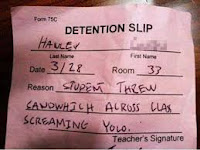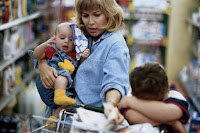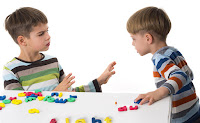Modified Disciplinary Techniques for Children on the Autism Spectrum

If your youngster has High-Functioning Autism (HFA), should you discipline him in a different way than you do with your other kids? The answer is YES! But, they still need discipline. HFA is a challenge, not an excuse for misbehavior. Nonetheless, moms and dads will need to be more flexible in their expectations. Parents must understand up front that HFA impacts their child’s ability to understand instruction, follow through on tasks, and control his impulses. Also, they will need to provide discipline and instruction more often and with more consistency. Your “special needs” child is emotionally much younger than his chronological age. After all, he has a “developmental disorder.” So, lessons may take longer to sink in. Misbehavior from kids on the autism spectrum is frustrating – and repeated disobedience over an extended time can be infuriating to many moms and dads. Just like with their “typical” kids, most parents will automatically respond to misbehavior by using punish




